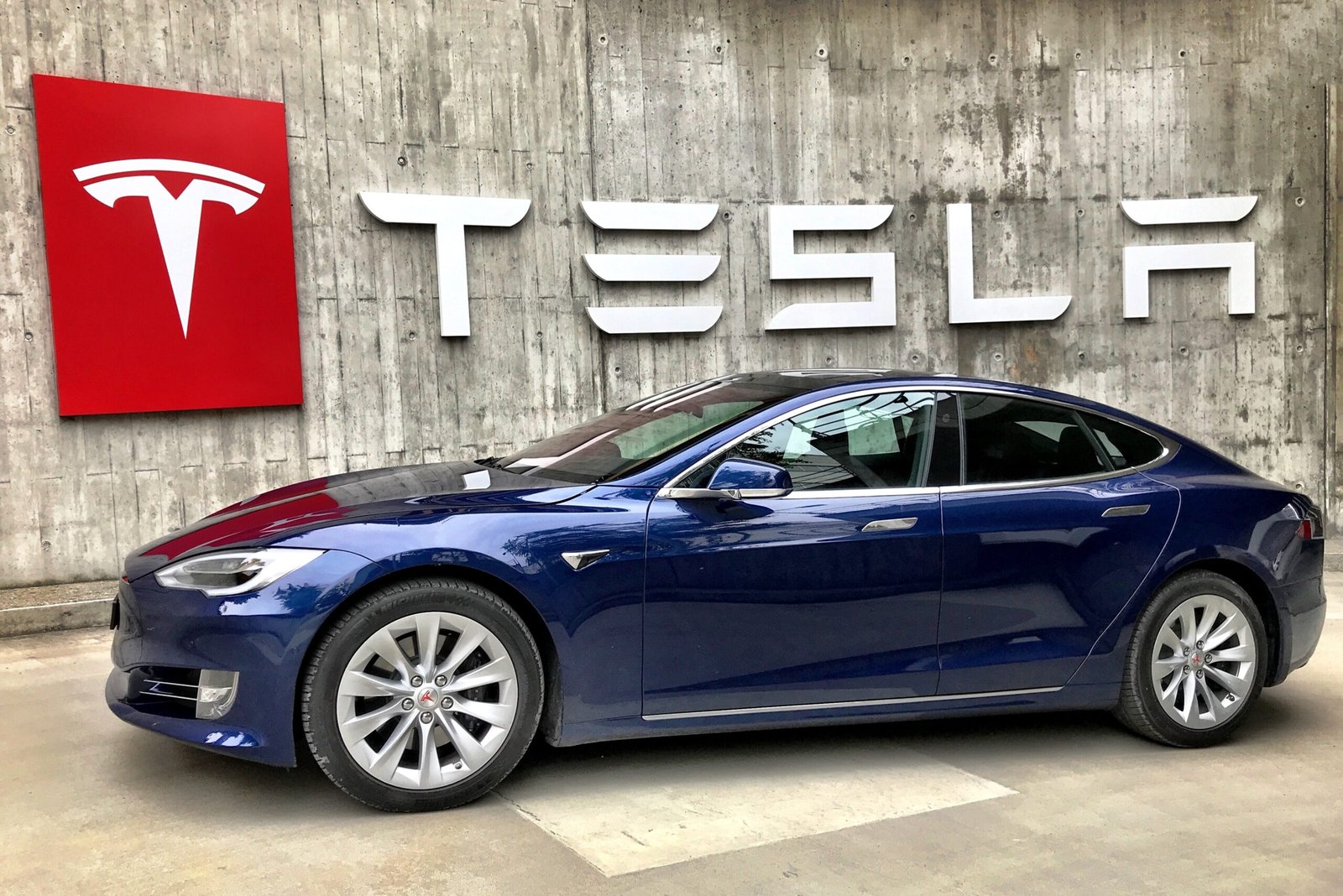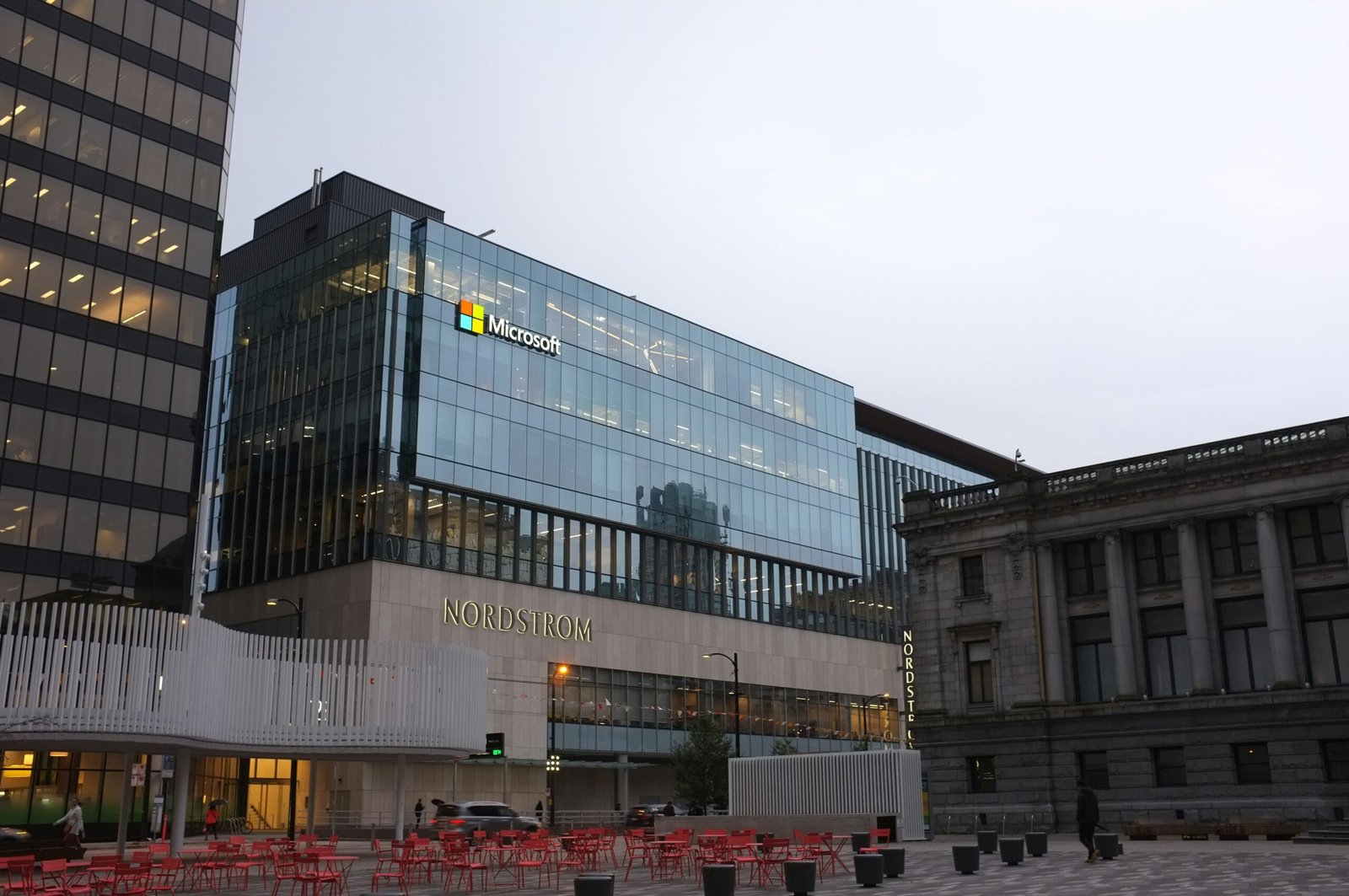On Wednesday, OpenAI made a significant announcement heralding the return of Sam Altman to the helm as CEO, marking the reinstatement of a leadership trio that includes Mira Murati as CTO and Greg Brockman as president. This move follows the abrupt termination of Altman just two weeks prior, a development that had sent shockwaves through the company, causing a period of uncertainty.
In the wake of this transformative event, Altman is keen to emphasize the resilience of OpenAI, noting that not a single employee or customer was lost during the crisis. In an official news release, Altman expressed his excitement about the future and conveyed gratitude for the hard work demonstrated by the team in navigating this unclear and unprecedented situation. He believes that the collective resilience and spirit of OpenAI set the company apart in the industry, fostering optimism about the probability of success in achieving their mission.
The statement formalizes plans that have been in progress since last week, with the induction of ex-Salesforce co-CEO Bret Taylor and economist Larry Summers to the “new initial” OpenAI board of directors. Adam D’Angelo, the CEO of Quora, retains his seat on the board. Notably, Tasha McCauley and Helen Toner officially resigned from their previous board positions. Additionally, in a move reflecting the importance of Microsoft as a key investor in OpenAI, a representative from the tech giant will assume a non-voting observer role on the board of directors.
Addressing a significant aspect of the recent upheaval, Altman openly discussed his sentiments towards Ilya Sutskever, OpenAI’s chief scientist, who played a substantial role in Altman’s removal from the company. Altman expressed admiration and respect for Sutskever, referring to him as a guiding light in the field and a valuable individual. Despite Sutskever no longer serving on the board, Altman conveyed the hope to continue their working relationship and is actively engaged in discussions on how Sutskever can contribute to the ongoing work at OpenAI.
Altman expressed gratitude towards OpenAI’s leadership team and Microsoft representatives for their steadfast support during the recent episode. He specifically commended interim CEO Emmett Shear for his role in negotiating Altman’s return, highlighting Shear’s dedication to AI safety and adept balancing of stakeholders’ interests.
Following Altman’s unexpected departure, a collective uprising unfolded among OpenAI employees. They united in a mass appeal to the board, demanding Altman’s reinstatement and issuing a collective threat to resign if their plea went unanswered. This movement gained momentum following an internal memo authored by OpenAI COO Brad Lightcap. In the memo, Lightcap shared insights from discussions with board members, emphasizing that Altman’s dismissal was not linked to malfeasance or issues related to the organization’s finances, business practices, safety protocols, or security/privacy measures. Instead, he characterized the situation as a breakdown in communication between Sam and the board.
Amidst these developments, a crucial unanswered question lingers—why did the board lose trust in Sam Altman? The details of this aspect remain undisclosed. In a recent interview with The Verge, Altman chose not to delve into the specifics of his initial termination, stating that an independent review by the board is underway, and he looks forward to gaining more insights.
Acknowledging the urgency for structural changes within OpenAI, Altman admitted that addressing governance issues would take time. He recognized the impatience of those seeking swift solutions but emphasized the complexity of the situation, deeming immediate resolutions as unreasonable.
The official release also featured a message from the new OpenAI board chairman, Bret Taylor. Taylor outlined plans to assemble a qualified and diverse board of exceptional individuals. Additionally, an independent committee of the board will be convened to investigate the root cause of the recent turmoil, signifying a commitment to transparency and resolution within OpenAI’s leadership.
Previously serving as the chairman of OpenAI’s board of directors, Greg Brockman, along with Altman and Sutskever, no longer holds a seat on the board. The departure of two women, Toner and McCauley, from the board has prompted criticism and calls for enhanced diversity in OpenAI’s board composition. The announcement suggests that OpenAI is actively pursuing a plan to address this concern.
The board will also review the OpenAI governance structure to prevent similar surprise shakeups in the future. Taylor sees his role as stabilizing and temporary, saying in an X post, “As I have communicated to board colleagues and management, when these transitional tasks have been completed, I intend to step away and leave the oversight of OpenAI in the good hands of board colleagues.”









































